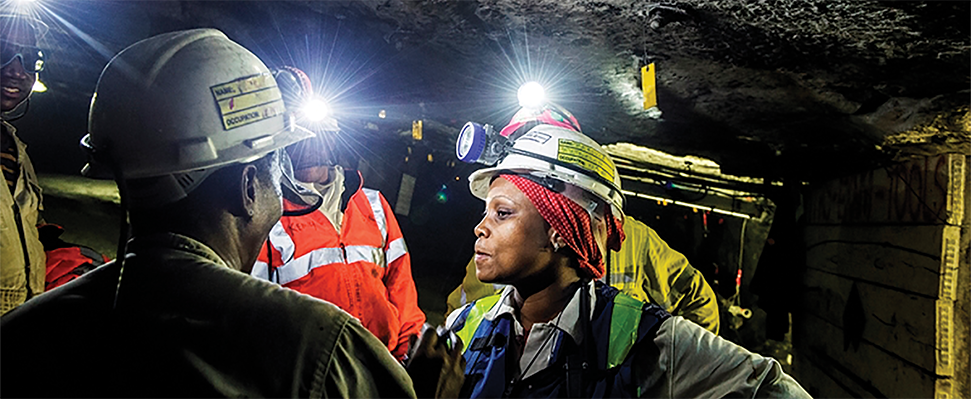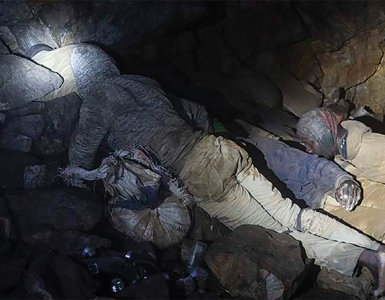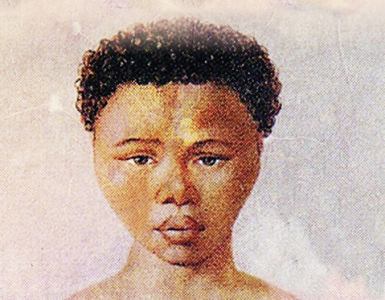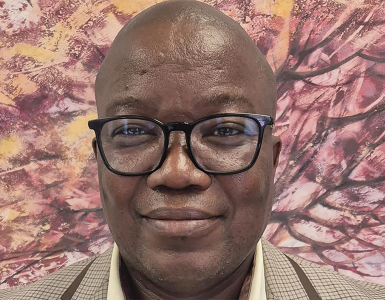FOOTPRINT: “African Mining Week” will showcase trends within the continent’s mining sector while connecting global investors with emerging opportunities…
By Own Correspondent
As global demand for minerals grows, Africa – boasting 30% of the world’s critical minerals – has become a key market for mining investors and project developers.
A new report released by global consultancy dss+ identifies six global trends reshaping Africa’s mining sector. Its release comes ahead of the upcoming African Mining Week (AMW) conference – scheduled for Cape Town from October 1 to 3 – an event that will unpack recent macro-trends, with a view to connecting foreign capital to African mining projects.
The report identifies the six macro trends as:
• Geopolitical Realignment: Geopolitical shifts are intensifying competition among the United States, China, Europe and the Middle East for African minerals. China continues to deepen its footprint in Africa through its $21.7 billion (R385bn) Belt and Road Initiative, while the US is investing in strategic mining and infrastructure projects through the Export–Import Bank of the United States and the US International Development Finance Corporation. UAE-based companies such as International Holdings Resources, Ambrosia and NG9 holdings are enhancing investments in African mining through projects in Zambia, the DRC, Ethiopia and Mali. AMW 2025’s dedicated US-Africa, EU-Africa, Middle East-Africa and China-Africa roundtables will foster strategic dialogue, linking global investors with high-value opportunities across Africa.
• Strategic Supply Chains: Supply chain volatility – from Red Sea disruptions to US tariffs and climate-related impacts – has led to the creation of regional value chains, economic zones and direct export routes via infrastructure like Tanzania–Zambia Railway and Lobito Corridors. At AMW, a panel titled From Mines to Markets: Strengthening Trade and Connectivity for Africa’s Mineral Future will unpack how trade agreements and enhanced infrastructure networks are impacting mineral exports and supply chains.
• Reinvigorating Safety: Reinvigorating safety has become a top priority for many African governments, owing to the new era of complexity given the rise of digitalisation. Across the continent, countries are implementing reforms to enhance safety procedures. For example, South Africa amended its 1996 law with the Mine Health and Safety Amendment Bill of 2024 to strengthen managerial responsibility and accountability while enhancing mine safety.
• Local Content Development: African countries are advancing sustainable mining growth through culture, leadership and inclusion. Ghana, for instance, introduced its Gold Board in 2025, an agency which will buy gold from the local miners in an effort to formalize the sector. Zambia is set to finalize its draft Local Content Regulations for the mining sector in 2025. An AMW panel titled “The Skills Dividend: Investing in Local Talent to Power Africa’s Mining Future”, will highlight various local content strategies across Africa and how they are driving local beneficiation and skills development.
• Technology Transformation: Digitalisation is rising in African mining, with AI, automation and remote tools being used to enhance exploration and operational efficiency. Notably, start-ups in Zambia and the DRC have made new discoveries using digital twins and sensors, while Botswana Diamonds is using AI to target new critical mineral discoveries. US start-up KoBold Metals is leveraging digital tools to enhance copper exploration in Zambia and lithium operations in the DRC. The Technology Forum at AMW 2025 will showcase how Africa is harnessing the power of data analytics to predict failures, enhance safety and drive sustainable resource management.
Operationalizing ESG: ESG (Environmental, Social and Governance) performance has become a critical requirement for mining projects to attract investment. Today, more than 80% of institutional investors channel capital based on ESG criteria. Canadian firm Giyani Metals is capitalising on this shift, securing a $26 million ESG-linked funding package to advance a battery-grade manganese project in Botswana to the financing phase.
Similarly, Mkango Resources has attracted support from the European Union for its Songwe Rare Earths project in Malawi, after aligning its development strategy with the International Finance Corporation’s ESG standards. At AMW, a panel titled Harmonizing ESG Standards and Driving Industry-Wide Adoption will explore the impact ESG plays in African mining.
Meanwhile, the African Mining Week serves as a premier platform for exploring the full spectrum of mining opportunities across Africa, and will be held alongside “the African Energy Week: Invest in African Energies 2025” conference.
































